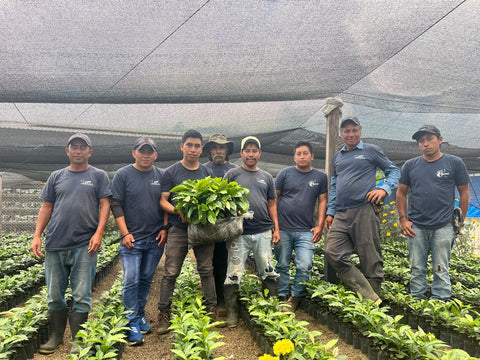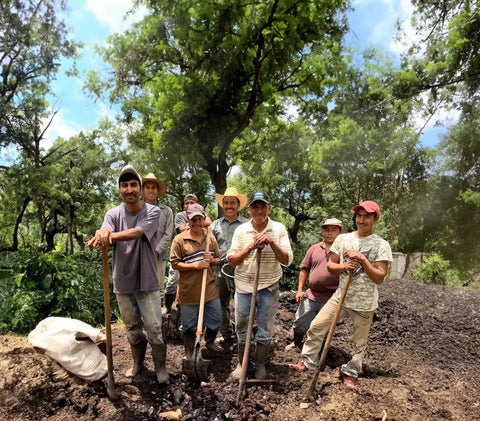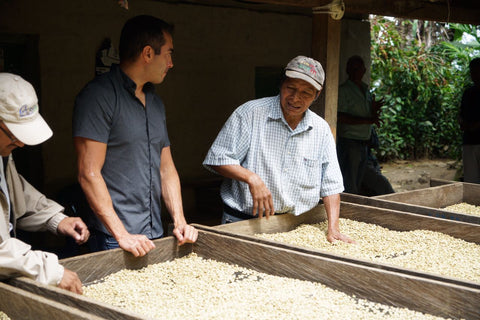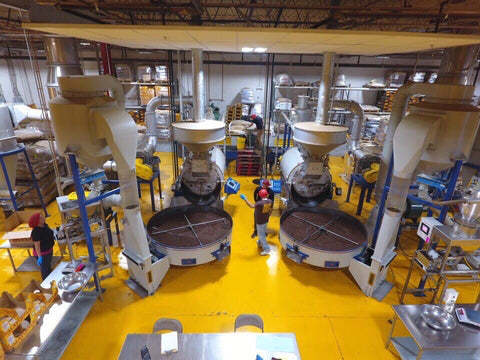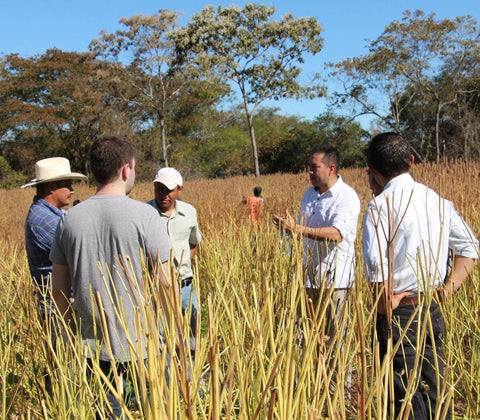ORGULLO LATINO
Reading time: 4 minutes
Unraveling the Threads: Cultural Appropriation of the Tejedoras Mayas en Guatemala y México
The Tejedoras Mayas, highly skilled weavers from Guatemala and Mexico, practice an ancient craft that transcends time and represents the profound artistic spirit of their people.
Jump to:
Within the rich tapestry of global cultures, few are as intricately woven and steeped in history as the ancient Maya civilization. Amidst the awe-inspiring aspects of Maya culture, the exquisite textile craftsmanship of the Tejedoras Mayas stands out as a vivid symbol of ancestral pride and tradition. However, beneath the surface lies a deeply troubling trend: the cultural appropriation of these artisans' invaluable creations.
The Precious Threads of Maya Heritage
The Tejedoras Mayas, highly skilled weavers from Guatemala and Mexico, practice an ancient craft that transcends time and represents the profound artistic spirit of their people. Passed down through generations, their weaving techniques and intricate designs serve as not just decorative elements, but invaluable cultural statements. The textiles they create are replete with symbolism, reflecting the harmonious interplay of the natural world, cosmology, and the spiritual beliefs that have shaped the Maya civilization.
To grasp the depth of this issue, we turn to Maritza Cumes, a preeminent Maya scholar and dedicated advocate for cultural preservation. Cumes, articulating her concerns, remarks, "The Tejedoras Mayas serve as the torchbearers of our ancestral legacy. Witnessing their artistry being exploited and repackaged as mere 'ethnic fashion trends' is disheartening. Such actions diminish the immense significance of our heritage and trivialize the sacred nature of their craft".

Cultural Appropriation in the Realm of Fashion and Commercialization
In recent years, the vibrant textiles and intricate patterns meticulously woven by the Tejedoras Mayas have found their way onto international runways and into the collections of prominent fashion brands. While the appreciation for their artistry can be viewed as positive, it frequently veers into the realm of cultural appropriation when the significance and context of these designs are either overlooked or distorted.
Major fashion brands such as Isabel Marant, Anthropologie, and Zara have been implicated in appropriating Mayan textiles, presenting them without proper credit or acknowledgement of their origins. Mexico’s culture ministry said the companies had taken inspiration from designs created in the south-western state of Oaxaca and called for benefits to be awarded to the communities behind them.
Use of such patterns without acknowledgement of their origins perpetuates the erasure of the Tejedoras Mayas' contributions while reaping substantial financial gains from their labor. The commodification of their craft not only undermines their economic autonomy but also perpetuates a systemic cycle of inequality.
Ana González, an accomplished Tejedora Maya, poignantly highlights the impact of cultural appropriation, "Weaving is not merely a skill; it represents a profound connection to our ancestors and serves as a crucial source of income for our families. When our designs are utilized without our permission or [without] cultural understanding, it feels as though a part of our heritage is being stolen. We unequivocally deserve respect and recognition for our art" .

Collaborative Efforts and the Pursuit of Empowerment
While cultural appropriation continues to pose significant challenges, dedicated efforts to combat this issue and empower the Tejedoras Mayas have emerged. Collaborative projects between Maya weavers and ethically-minded fashion brands such as Carla Fernández and Johanna Ortiz provide an inspiring model for fostering respectful cultural exchange and driving economic empowerment.
Organizations like "Maya Threads" actively engage with the Tejedoras Mayas, forging fair trade relationships that ensure the artisans receive due compensation for their extraordinary work. Such initiatives prioritize the preservation of the craft's integrity while fostering a deeper understanding and appreciation for the deep cultural significance imbued within these intricate textiles.
The Maya Traditions Foundation is another example of an organization that aims to empower the Tejedoras Mayas, partnering with indigenous artisans, to promote fair trade practices and preserve traditional Maya textile techniques. Through their work, Maya Traditions Foundation ensures that Tejedoras Mayas receive fair wages for their craftsmanship and provides them with access to education, healthcare, and economic opportunities. The organization also focuses on preserving cultural traditions by offering training programs and workshops to young weavers, passing down ancestral knowledge and techniques.
By amplifying the voices of the Tejedoras Mayas and their unwavering advocates, we can collectively raise awareness on the consequences of cultural appropriation, and strive to redirect the narrative towards a genuine appreciation and recognition of the context surrounding these ancient practices.
The cultural appropriation of the Tejedoras Mayas' masterful artistry serves as a poignant reminder of the persistent struggle to safeguard and honor indigenous and Latin American traditions. Recognizing the significance of their craft and addressing the issue of cultural appropriation is a crucial step towards fostering a more equitable and respectful global society.



